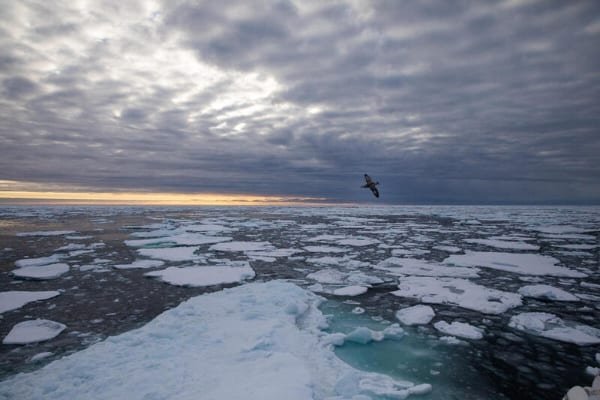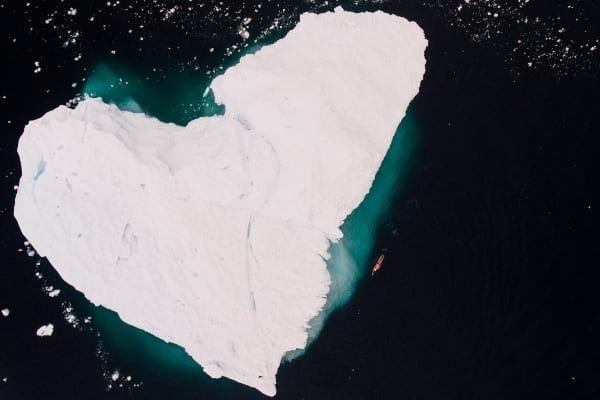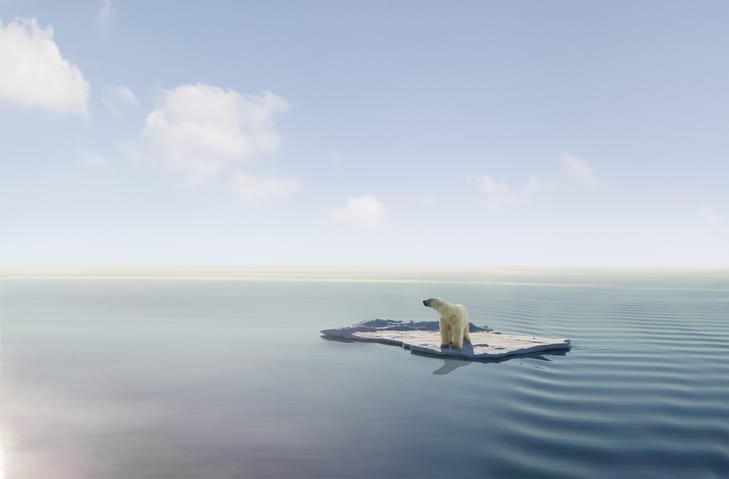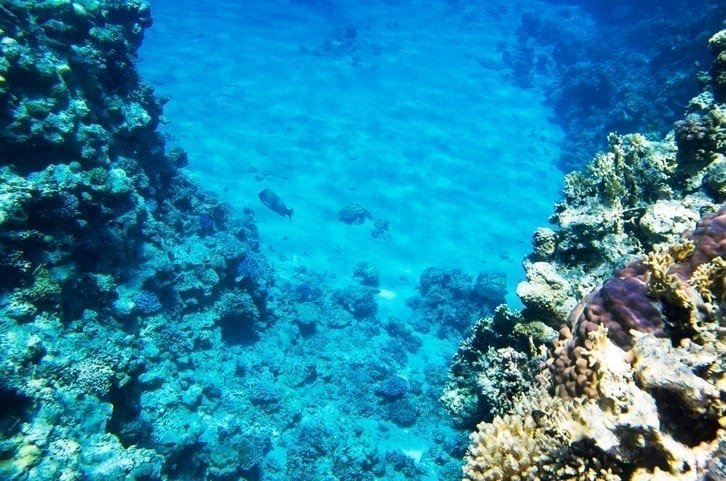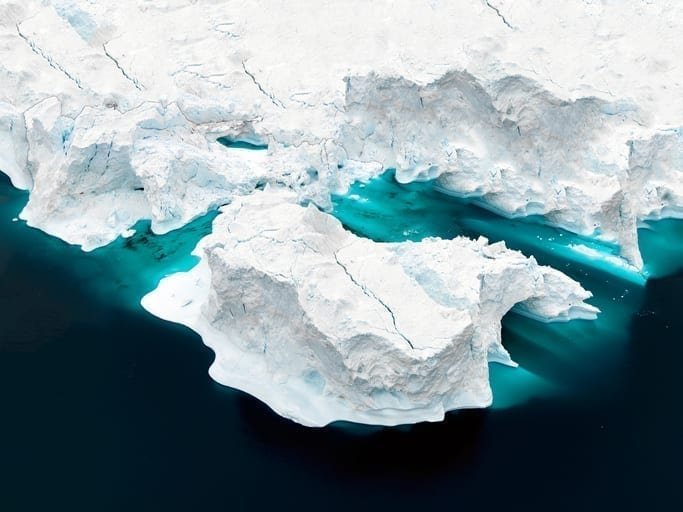Main image credit: © Daniella Zalcman / Greenpeace
The National Snow and Ice Data Center has recorded that the extent of Arctic summer sea ice has dropped below 4 million square kilometres.
According to the National Snow and Ice Data Centre, the 2020 Arctic sea ice minimum extent was likely reached on 15 September at 3.74 million square kilometres.
This is the second lowest level recorded in 42 years of continuous satellite monitoring. Only in 2012 was there a lower extent of ice.
The Arctic sea ice has already lost two-thirds of its volume and there has been a consistent decline in sea ice extent over the past decades.
In the first week of September, sea ice extent took a sharp downward turn, exceeding the pace of decline for any previous year during that period. Pulses of warm air from north-central Siberia are responsible for the late downward trend.
‘Step up and lead the way’
The Greenpeace ship Arctic Sunrise – with a crew of campaigners, activists and scientists – is in the Arctic to document the sea ice minimum and study marine life in the region.
Speaking from the edge of the sea ice, onboard the Greenpeace Ship Arctic Sunrise, young environmental activist Mya-Rose Craig, also known as ‘Birdgirl’, said: ‘I’ve only been alive 18 years and yet those years have seen 18 of the lowest sea ice minimums on record.
‘Today I looked out at the sea ice edge and bore witness to the second lowest recorded. This wake up call is becoming deafening. But the UN Biodiversity summit at the end of the month gives Boris Johnson a chance to heed it.
‘We need the Prime Minister to step up and lead the way at home and internationally. That means continuing to push for a strong Global Ocean Treaty, and to make sure that push is credible by putting at least 30% of the UK’s waters off limits to destructive activities as soon as possible.
The Arctic’s changing climate
This Friday (25 September) marks the one year anniversary of the release of the Special Report on the Ocean and Cryosphere in a Changing Climate (SROCC), from the International Panel on Climate Change.
The report makes it clear that many of the extreme weather and climate events we are witnessing right now will continue to get worse unless urgent action is taken to reduce our global greenhouse gas emissions.
The number of extreme fires in the Arctic is unprecedented. From the Russian Arctic to the Pacific coast of the United States, the region is witnessing devastating wildfires this year, resulting in a new record for CO2 emissions, as well as the massive loss of infrastructure, habitat and wildlife.
 Play Video about This Rock Might Just Save The World
Play Video about This Rock Might Just Save The World Play Video about Play 2 hours of rock
Play Video about Play 2 hours of rock Play Video about Play 2 hours of brook
Play Video about Play 2 hours of brook Play Video about Play 2 hours of sheep
Play Video about Play 2 hours of sheep

















